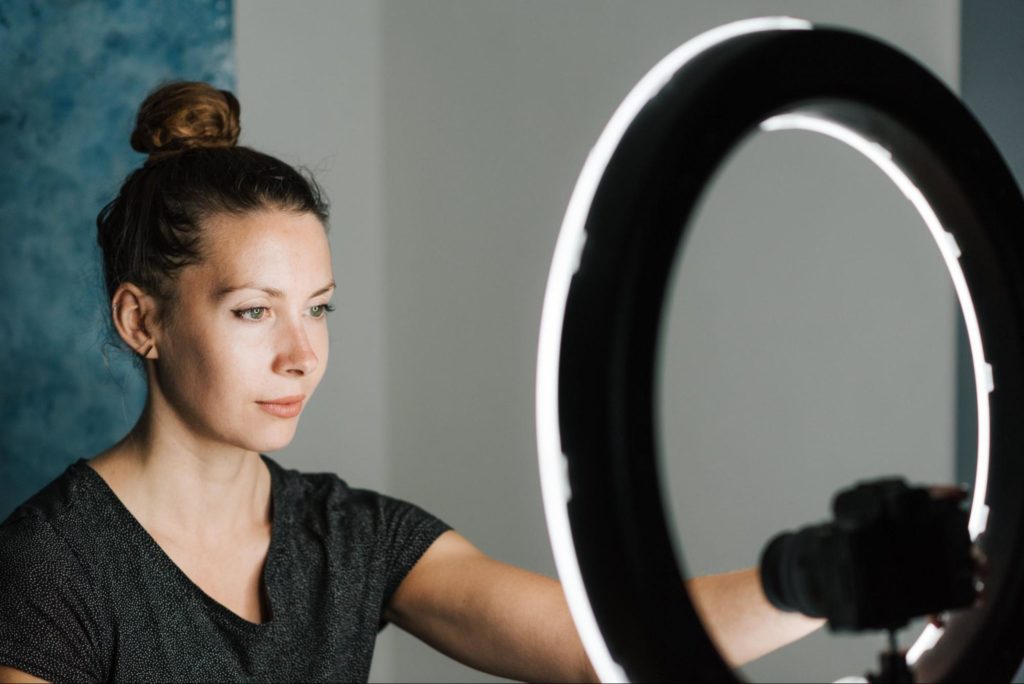The path from amateur to truly professional level for a photographer is filled with excitement, hardship, and endless opportunities for development. In this article, we’ll share with you 10 important tips that can help you improve your photography, regardless of whether you’re a beginner or an experienced photographer trying to improve your skills. Let’s dive in!
1. Develop Your Vision
Developing your vision allows you to create a unique style in your photography. It helps you stand out from the crowd and differentiate yourself from other photographers. Improving your style and vision reflects your perspective, creativity, and artistic expression, making your work more impactful. Besides, learning types of photography and incorporating them into your style allows you to express your artistic ideas and emotions through your pictures.
2. Network and Collaborate
Networking with other photographers allows you to learn from their experiences, techniques, and perspectives. By connecting with professionals in the field, you can gain valuable insights, tips, and advice that can help you improve your skills and expand your knowledge. Collaborating with others also provides opportunities for creative exchange and learning new approaches to photography.

3. Seek Feedback and Critique
Feedback and critique provide valuable insights into your work, helping you identify areas for improvement and refine your skills. Constructive criticism from experienced photographers can offer fresh perspectives, highlight technical or compositional weaknesses, and suggest alternative approaches. By actively seeking feedback, you can continuously learn and grow as a photographer.
4. Study the Fundamentals
Understanding the technical aspects of photography, such as exposure, composition, lighting, and camera settings, is essential for capturing high-quality images. By studying the fundamentals through special books for photographers, you can develop a solid foundation of knowledge that allows you to confidently manipulate your camera and achieve the desired results.
5. Improve Your Editing Skills
As a professional photographer, presenting your work in the best possible way is essential. Editing allows you to enhance your pictures, remove distractions, and highlight important areas. It guarantees that your portfolio, website, and printed materials reflect your skills and professionalism. Additionally, it’s a good idea to try a bulk photo editor, so you can save your time and improve many images at once.

6. Build a Strong Portfolio
A portfolio allows you to showcase your best work and demonstrate your skills and expertise as a photographer. It serves as a visual representation of your abilities and helps potential clients or employers assess your style, creativity, and technical proficiency. However, a portfolio can be a way to track your progress as a photographer. By regularly updating your portfolio with your latest work, you can see how your skills have evolved over time.
7. Adjust Your Lighting
Lighting is a fundamental element in photography that allows you to control the mood, atmosphere, and overall aesthetic of your images. By adjusting your lighting, you can create dramatic shadows, soft and flattering portraits, or vibrant and dynamic scenes. Having the ability to manipulate light gives you creative freedom and allows you to express your artistic vision.

8. Frame Your Shot
Framing your shot demonstrates your attention to detail and technical proficiency as a photographer. It shows that you have a deliberate and thoughtful approach to your work, which is highly valued in the professional photo industry. Clients and employers appreciate photographers who can consistently produce well-composed and visually appealing images.
9. Read the Histogram
The histogram allows assessing the exposure levels in an image. By examining the distribution of tonal values, ranging from dark to bright, photographers can identify underexposed or overexposed areas. This information helps in achieving a well-balanced exposure and avoiding loss of detail in shadows or highlights.
10. Master the Rule of Thirds
Mastering the rule of thirds is important because it is a fundamental composition guideline that can greatly enhance the visual impact of their images. While it is not a strict rule that must be followed in every photo, understanding and applying the rule of thirds can significantly improve the overall composition and balance of an image.
Final Words
Becoming a professional photographer requires a combination of technical knowledge, practice, and a continuous drive to improve. Remember, patience, perseverance, and a passion for photography are the keys to unlocking your full potential as a professional photographer.
